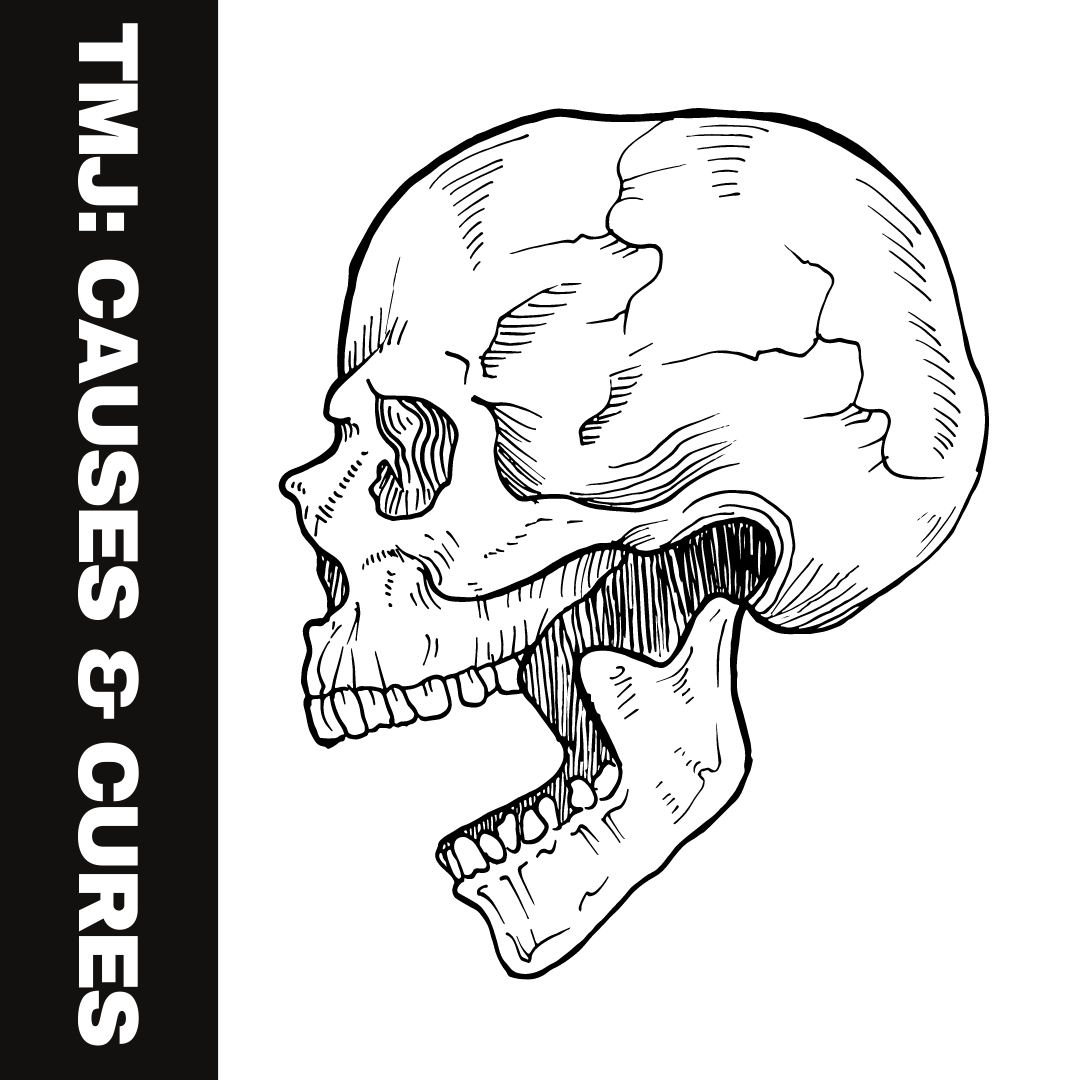
Blog post by : Dr. Kaitlin Oliver
————
Have you noticed pain or discomfort in your jaw in the morning? Do you clench your teeth at night? Or better yet, during the day? Do you have clicking/grinding in your jaw? Then you might have a TMJ dysfunction!
The temporomandibular joint (TMJ) is the joint that is formed by your skull and your lower jaw. It acts like a sliding hinge and is responsible for opening/closing your mouth to allow us to talk, chew and yawn.
But, what happens when things become dysfunctional? Muscles will often become tight leading to discomfort, compression of the joint and clicking may occur.
Some signs/symptoms that you may have TMJ dysfunction:
- Pain/tenderness on one or both sides of the jaw
- Aching pain in and around the ear
- Difficulty chewing or pain while chewing
- Clicking/grating sound when opening/closing the mouth
What can a Chiropractor do for me?
Chiropractors will take a history, perform a physical examination, and arrive at a working diagnosis for your TMJ dysfunction. Followed by treatment of the TMJ itself.
My approach:
I was a dental assistant for many years prior to pursuing my career as a Chiropractor. I was shocked to see the number of patients attending our office with a primary complaint of jaw pain. While studying chiropractic, I knew that this was an under-served population that required attention and I was going to try my best to help. Over the years, I have attended multiple courses to further my knowledge on how to find the root cause of TMJ disorders. My treatment approach not only includes examination of the TMJ, but also the cervical spine (the neck), the thoracic spine (upper back), breathing patterns, and psychosocial factors. All of these areas can play a key role in overall recovery of TMJ dysfunctions and it is imperative that they are examined and treated at every visit.
I have found that full recovery is often achieved using chiropractic manipulations (adjustments), soft tissue work on the muscles, and rehabilitation based on my patient’s diagnosis. Providing patients with coping mechanisms to help manage stress and reduce tension through the TMJ and upper back can also help facilitate recovery.
If you or anyone you know experiences jaw pain, don’t hesitate to book an appointment!